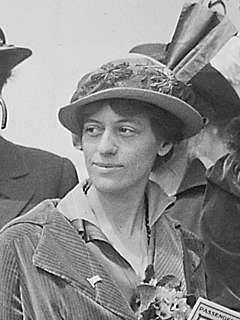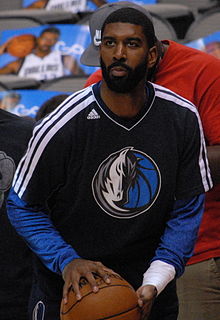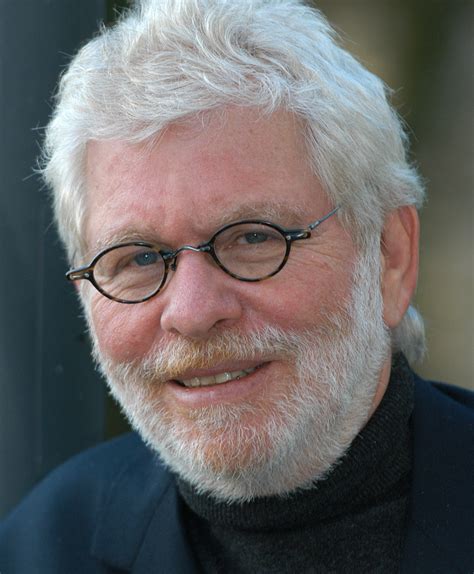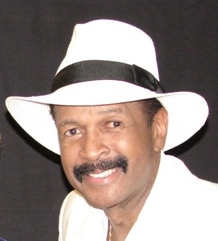A Quote by Gad Saad
Regrettably, many religious traditions exacerbate our innate proclivity to divide the world into two clearly demarcated camps, and in doing so, this fans the flames of intolerance and hate.
Related Quotes
There is another temptation which we must especially guard against: the simplistic reductionism which sees only good or evil; or, if you will, the righteous and sinners. The contemporary world, with its open wounds which affect so many of our brothers and sisters, demands that we confront every form of polarization which would divide it into these two camps.
The separation of church and state is extremely important to any of us who holds to the original traditions of our nation. . . . To change these traditions . . . would be harmful to our whole attitude of tolerance in the religious area. If we look at situations which have arisen in the past in Europe and other world areas, I think we will see the reason why it is wise to hold to our early traditions.
Each person shines with his or her own light. No two flames are alike. There are big flames and little flames, flames of every color. Some people’s flames are so still they don’t even flicker in the wind, while others have wild flames that fill the air with sparks. Some foolish flames neither burn nor shed light, but others blaze with life so fiercely that you can’t look at them without blinking, and if you approach you shine in the fire.
It's true that to speak of an ethic of giftedness, which is very much the ethic that I deploy in raising questions about designer children and genetic engineering - an appreciation of the giftedness of the child or the giftedness of life does have religious resonance, because a great many religious traditions emphasize the sense in which the good things in life are not all our own doing; they are gifts from God.
I do believe that people of all religions have a right to build edifices or structures or places of religious worship or study where the community allows them to do it under zoning laws and that sort of thing, and that we don't want to turn an act of hate against us by extremists into an act of intolerance for people of religious faith.





































